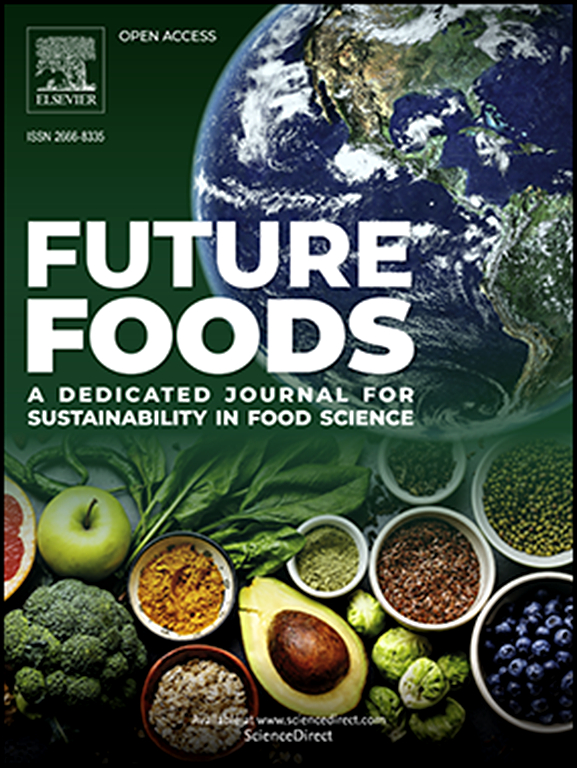植物多糖抗衰老作用研究进展
IF 8.2
Q1 FOOD SCIENCE & TECHNOLOGY
引用次数: 0
摘要
衰老会导致人体细胞和组织的生物功能下降,引发各种慢性疾病,包括心血管疾病、糖尿病和神经退行性疾病。身体的逐渐衰弱增加了死亡的风险。随着社会的进步和现代医疗水平的提高,人们越来越关注抗衰老研究,迫切需要寻找有效的抗衰老疗法。植物多糖具有多种天然药理作用,包括抗衰老、抗炎、免疫调节、抗肿瘤和降低血糖。此外,植物多糖具有最小的毒副作用和高安全性,同时广泛来源于各种植物。由于这些天然优势,植物多糖已成为多个领域的研究热点。具体来说,植物多糖可以通过增强抗氧化酶活性、调节炎症因子、促进细胞自噬和分裂、改善线粒体功能、增加端粒酶活性、调节肠道微生物群等机制来调节衰老。因此,它们在抗衰老研究领域中发挥着重要的作用,占有重要的地位。本文就植物多糖的衰老机制及抗衰老作用的研究进展作一综述,为该领域的进一步研究提供参考。本文章由计算机程序翻译,如有差异,请以英文原文为准。
A review on anti-aging actions of plant polysaccharides
Aging can lead to a decline in the biological functions of the body's cells and tissues, triggering various chronic diseases, including cardiovascular disease, diabetes, and neurodegenerative disorders. This gradual weakening of the body increases the risk of mortality. With societal advancements and improvements in modern medical standards, there is a growing focus on anti-aging research, prompting an urgent search for effective anti-aging therapies. Plant polysaccharides possess numerous natural pharmacological effects, including anti-aging, anti-inflammatory, immune regulation, anti-tumor properties, and blood sugar reduction. Additionally, plant polysaccharides are associated with minimal toxic side effects and high safety profiles, while being widely sourced from various plants. Owing to these natural advantages, plant polysaccharides have become a research hotspot across multiple fields. Specifically, plant polysaccharides can modulate aging through mechanisms such as enhancing antioxidant enzyme activity, regulating inflammatory factors, promoting cell autophagy and division, improving mitochondrial function, increasing telomerase activity, and regulating gut microbiota. Thus, they play a significant role and hold an important position in the field of anti-aging research. This article briefly reviews the mechanisms of aging and the progress made in understanding the anti-aging effects of plant polysaccharides, providing a reference for further investigation in this area.
求助全文
通过发布文献求助,成功后即可免费获取论文全文。
去求助
来源期刊

Future Foods
Agricultural and Biological Sciences-Food Science
CiteScore
8.60
自引率
0.00%
发文量
97
审稿时长
15 weeks
期刊介绍:
Future Foods is a specialized journal that is dedicated to tackling the challenges posed by climate change and the need for sustainability in the realm of food production. The journal recognizes the imperative to transform current food manufacturing and consumption practices to meet the dietary needs of a burgeoning global population while simultaneously curbing environmental degradation.
The mission of Future Foods is to disseminate research that aligns with the goal of fostering the development of innovative technologies and alternative food sources to establish more sustainable food systems. The journal is committed to publishing high-quality, peer-reviewed articles that contribute to the advancement of sustainable food practices.
Abstracting and indexing:
Scopus
Directory of Open Access Journals (DOAJ)
Emerging Sources Citation Index (ESCI)
SCImago Journal Rank (SJR)
SNIP
 求助内容:
求助内容: 应助结果提醒方式:
应助结果提醒方式:


